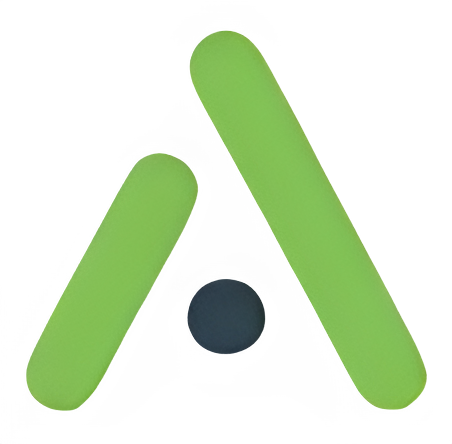Boolean
Summary
Boolean is a data type that can have one of two values: true or false.
Table of Contents
Schema & Validators
default
By default, the boolean schema does not have any validators. It only checks if the value is a boolean.
typescript
// define a schema for boolean
const booleanSchema = a.boolean()
// validate & parse the boolean
const resultOne = booleanSchema.parse(true) // valid
const resultTow = booleanSchema.parse(false) // valid
console.log(resultOne, resultTow)javascript
// define a schema for boolean
const booleanSchema = a.boolean()
// validate & parse the boolean
const resultOne = booleanSchema.parse(true) // valid
const resultTow = booleanSchema.parse(false) // valid
console.log(resultOne, resultTow)Output
bash
{ value: true }
{ value: false }.exact(value: boolean)
The exact validator checks if the value is exactly equal to the provided value.
typescript
// define a schema for boolean with exact validator
const booleanSchema = a.boolean().exact(true)
// validate & parse the boolean
const resultOne = booleanSchema.parse(true) // valid
const resultTow = booleanSchema.parse(false) // invalid
console.log(resultOne, resultTow)javascript
// define a schema for boolean with exact validator
const booleanSchema = a.boolean().exact(true)
// validate & parse the boolean
const resultOne = booleanSchema.parse(true) // valid
const resultTow = booleanSchema.parse(false) // invalid
console.log(resultOne, resultTow)Output
bash
{ value: true }
{
errors: [
{
reason: 'Value must be true',
value: false
}
]
}Conclusion
In this chapter, we learned about the Boolean data type. We learned that it can have one of two values: true or false.
